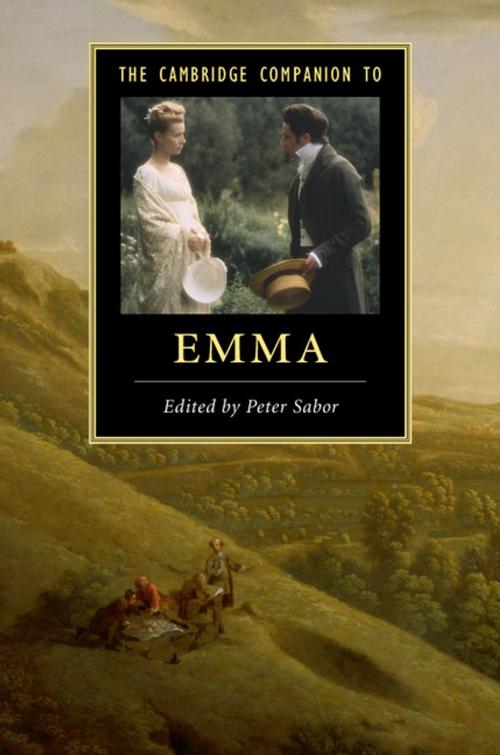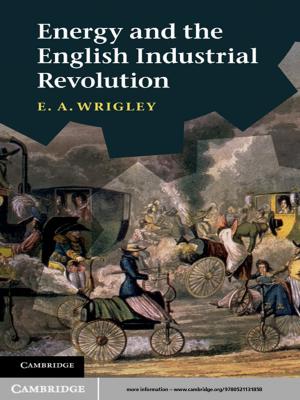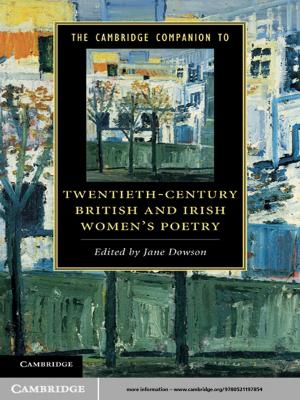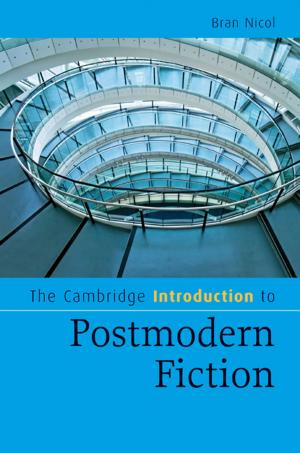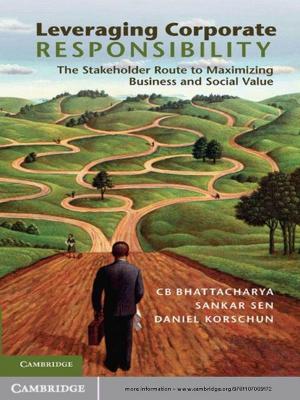| Author: | ISBN: | 9781316389775 | |
| Publisher: | Cambridge University Press | Publication: | August 25, 2015 |
| Imprint: | Cambridge University Press | Language: | English |
| Author: | |
| ISBN: | 9781316389775 |
| Publisher: | Cambridge University Press |
| Publication: | August 25, 2015 |
| Imprint: | Cambridge University Press |
| Language: | English |
Thanks to its tightly paced, intricately plotted narrative and its astute psychological characterisation, Emma is commonly thought to be Jane Austen's finest novel. In the twelve chapters of this volume, leading Austen scholars illuminate some of its richest themes and topics, including money and rank, setting and community, music and riddles, as well as its style and structure. The context of Emma is also thoroughly explored, from its historical and literary roots through its publication and contemporary reception to its ever-growing international popularity in the form of translations and adaptations. Equally useful as an introduction for new students and as a research aid for mature scholars, this Companion reveals why Emma is a novel that only improves on re-reading, and gives the lie to Austen's famous speculation that in Emma Woodhouse she had created 'a heroine whom no one but myself will much like'.
Thanks to its tightly paced, intricately plotted narrative and its astute psychological characterisation, Emma is commonly thought to be Jane Austen's finest novel. In the twelve chapters of this volume, leading Austen scholars illuminate some of its richest themes and topics, including money and rank, setting and community, music and riddles, as well as its style and structure. The context of Emma is also thoroughly explored, from its historical and literary roots through its publication and contemporary reception to its ever-growing international popularity in the form of translations and adaptations. Equally useful as an introduction for new students and as a research aid for mature scholars, this Companion reveals why Emma is a novel that only improves on re-reading, and gives the lie to Austen's famous speculation that in Emma Woodhouse she had created 'a heroine whom no one but myself will much like'.
